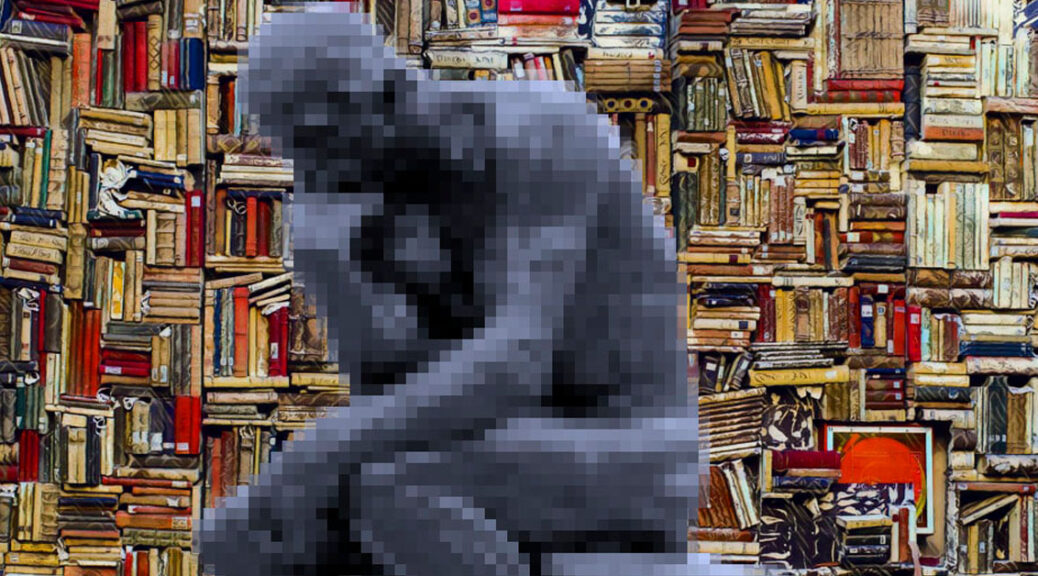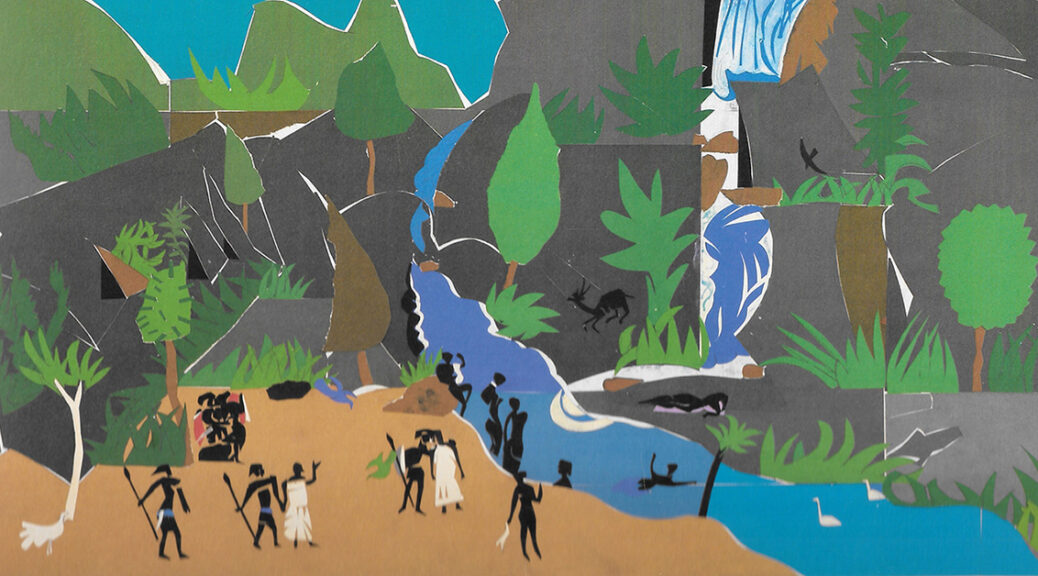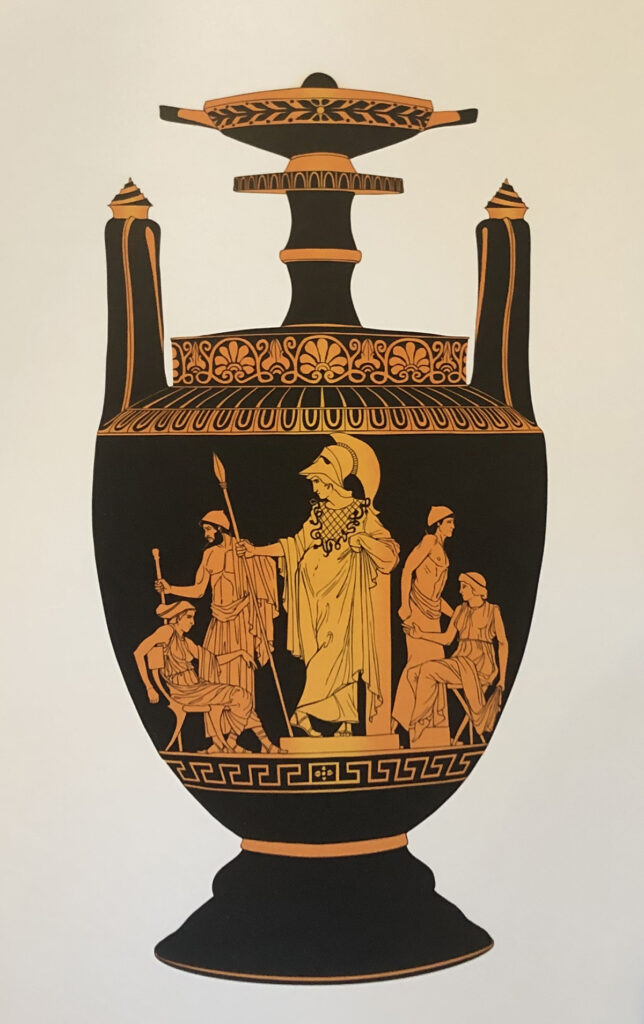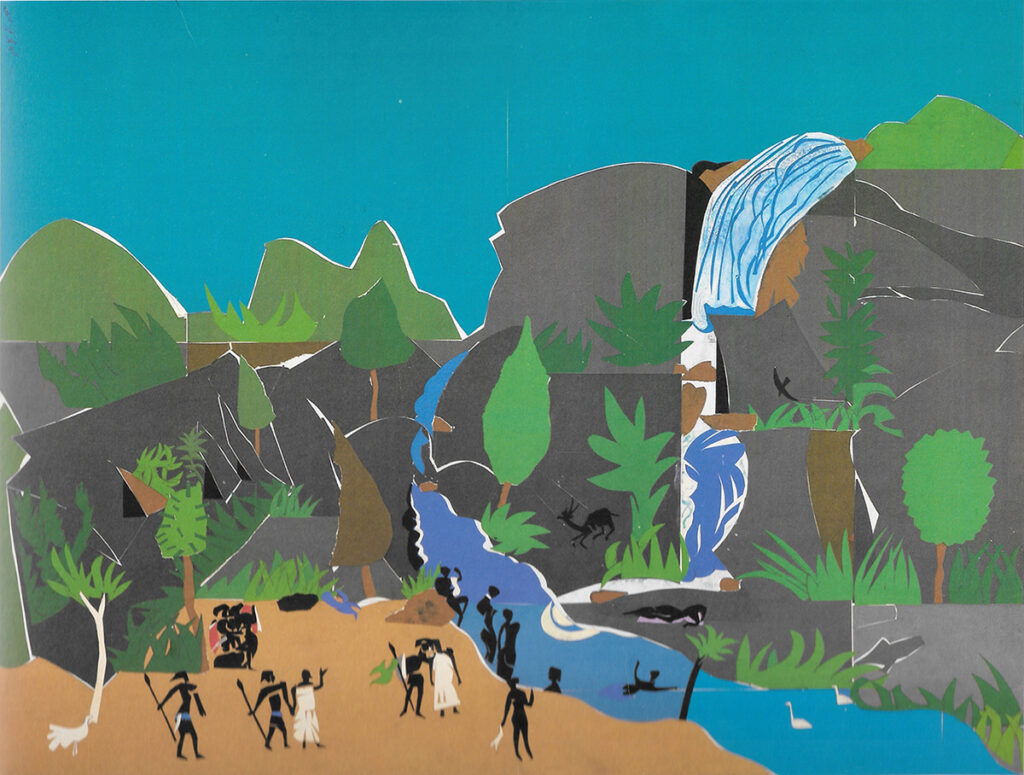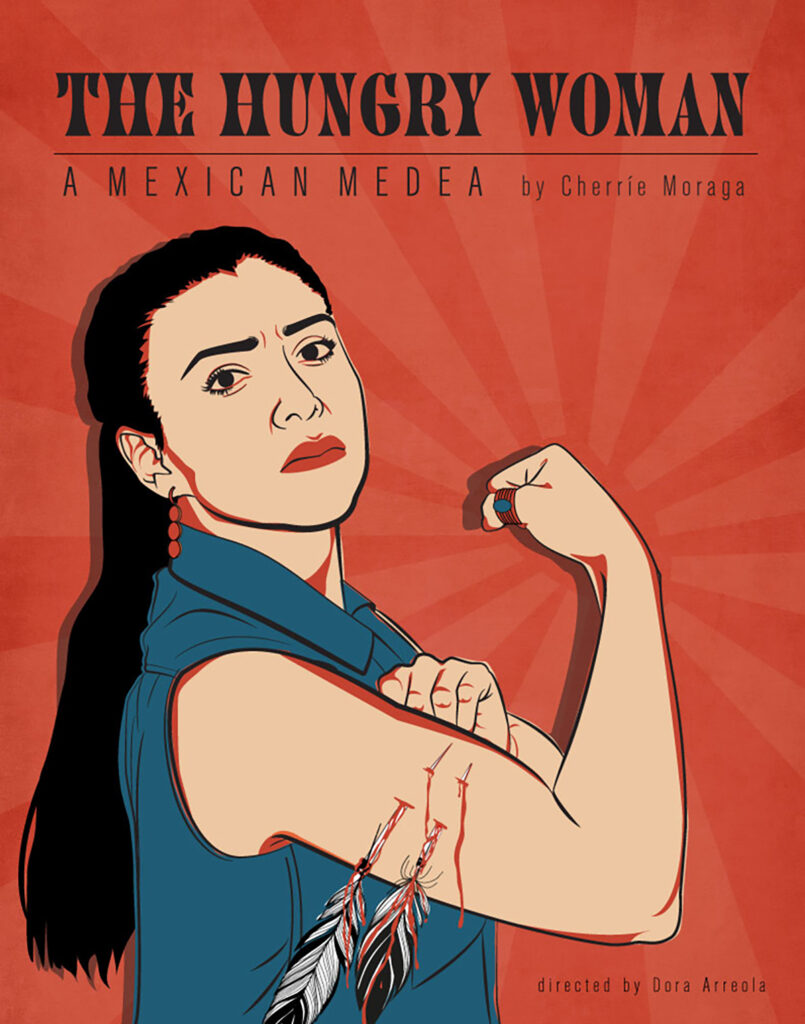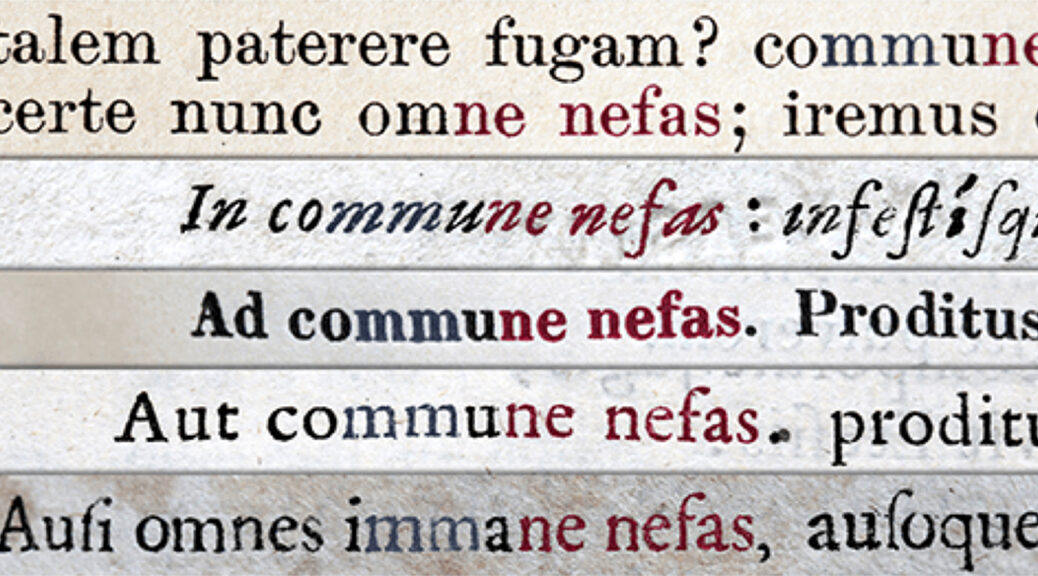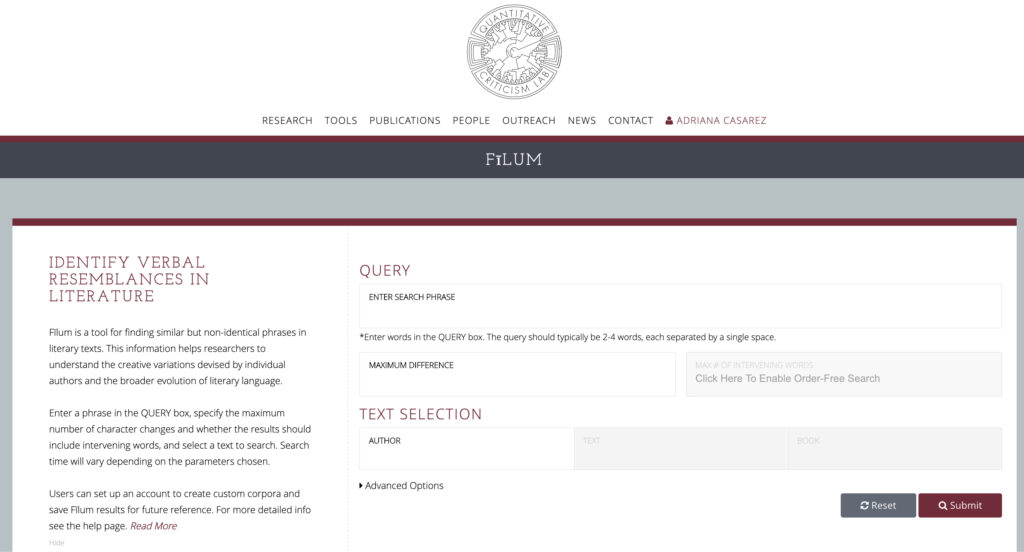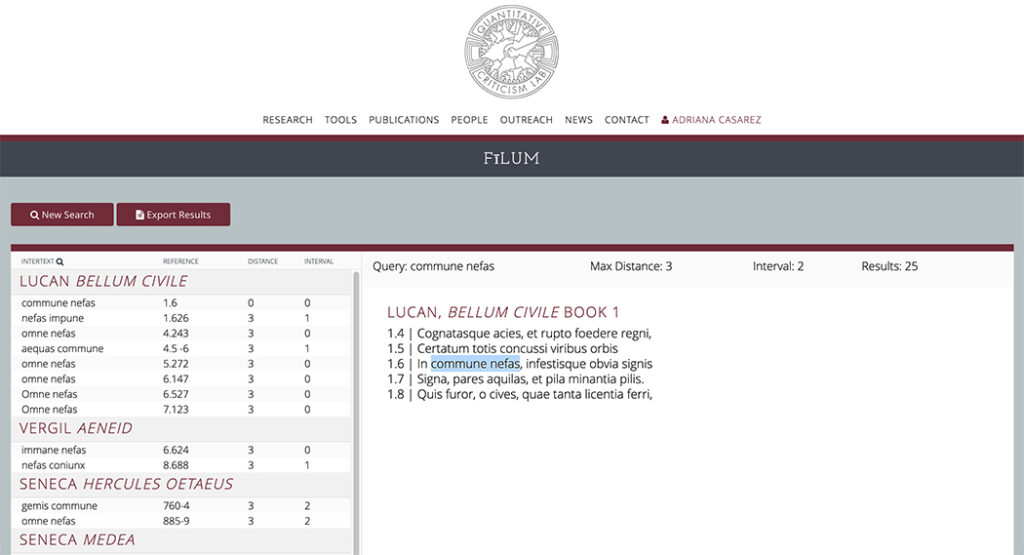In celebration of Open Education Week 2022, the Senate of College Councils and UT Libraries partnered to solicit nominations from students across campus to recognize instructors who increased access and equity by selecting free or low cost course materials for their classes. We’ll be recognizing a few of those nominees this week as Affordable Education Champions!
Affordable Education Champions are instructors who assign free or low cost resources — like textbooks, websites, films, and more — for their courses. Sometimes they author their own materials, and sometimes they’re able to reuse free or low cost work created by others. We share gratitude and appreciation for their commitment to fostering access to high quality education at the lowest possible cost barrier for their students.
Today, we congratulate and thank Dr. Daniel Bonevac, who was nominated by his students in PHL 325L (Business, Ethics, and Public Policy) in the Department of Philosophy.

Dr. Bonevac is a Professor in the Department of Philosophy at the University of Texas at Austin. He works mainly in metaphysics, philosophy of mathematics, semantics, and philosophical logic. His book Reduction in the Abstract Sciences received the Johnsonian Prize from The Journal of Philosophy. The author of five books and editor or co-editor of four others, Dr. Bonevac’s articles include “Against Conditional Obligation” (Noûs), “Sellars v. the Given” (Philosophy and Phenomenological Research), “Reflection Without Equilibrium,” (Journal of Philosophy), “Free Choice Permission Is Strong Permission” (Synthese, with Nicholas Asher), “The Conditional Fallacy,” (Philosophical Review, with Josh Dever and David Sosa), “The Counterexample Fallacy” (Mind, also with Dever and Sosa), and “The Argument from Miracles” and “Two Theories of Analogical Predication” (Oxford Studies in the Philosophy of Religion). He was Chairman of the Department of Philosophy from 1991 to 2001.
In all his courses, Dr. Bonevac actively seeks opportunities to minimize costs for students. In addition to completely eliminating required purchases for Business, Ethics, and Public Policy, he’s also found opportunities to significantly cut costs in two other courses (UGS 303: Ideas of the Twentieth Century and PHL 356D: History of Christian Philosophy) by identifying individual readings that can be linked or uploaded to Canvas. Student nominators expressed gratitude and relief at not having to worry about textbook costs for this course, on top of the other financial and academic stresses many have been experiencing during the pandemic.
But there are pedagogical benefits to the approach of selecting diverse readings, too. Dr. Bonevac tells us, “I’ve become shocked, and horrified, by the rising cost of textbooks—and I’m an author of several!—and have been seeking alternatives. I used to use a textbook in this course, and it was quite good. But it was also expensive. It included far more than I needed for a single course. And the case studies were old, often from decades ago. The attraction of putting together readings on my own was not only to eliminate costs for students but to allow me to shape the course exactly as I want it, to adapt the readings every semester, discarding ones that don’t work so well, adding new readings to keep everything up to date, and being able to respond quickly to issues that emerge in business ethics in the real world.”
His student nominators also praised Dr. Bonevac’s choice to incorporate videos he created himself into the course to expand on challenging topics. Philosophical readings can be dense and hard to grasp, and the content he created helped students understand key concepts. It seems that making course content accessible from day one on Canvas may have facilitated greater student engagement, too. Dr. Bonevac has observed more class and office hours participation as well as better outcomes in student papers and assessments, though it’s difficult to disentangle these results from the course modality changes we’ve all adapted to in the last two years.
If you’re an instructor who is interested in making the switch to more affordable or cost-free materials, Dr. Bonevac encourages you to try it! “There are many advantages. It’s now easy to compile sources for use on Canvas. Organizing the course into modules, with readings online, makes it easy for students to follow along and do the readings. It’s easy to keep the course on the cutting edge of what’s happening in the field. And it’s easy to improve the course semester by semester as you see which topics and readings work well and which flop…. I haven’t seen any downsides so far.”
Need help finding OER and other free or low cost course materials? Contact your subject librarian or Ashley Morrison, Tocker Open Education Librarian (ashley.morrison@austin.utexas.edu).

